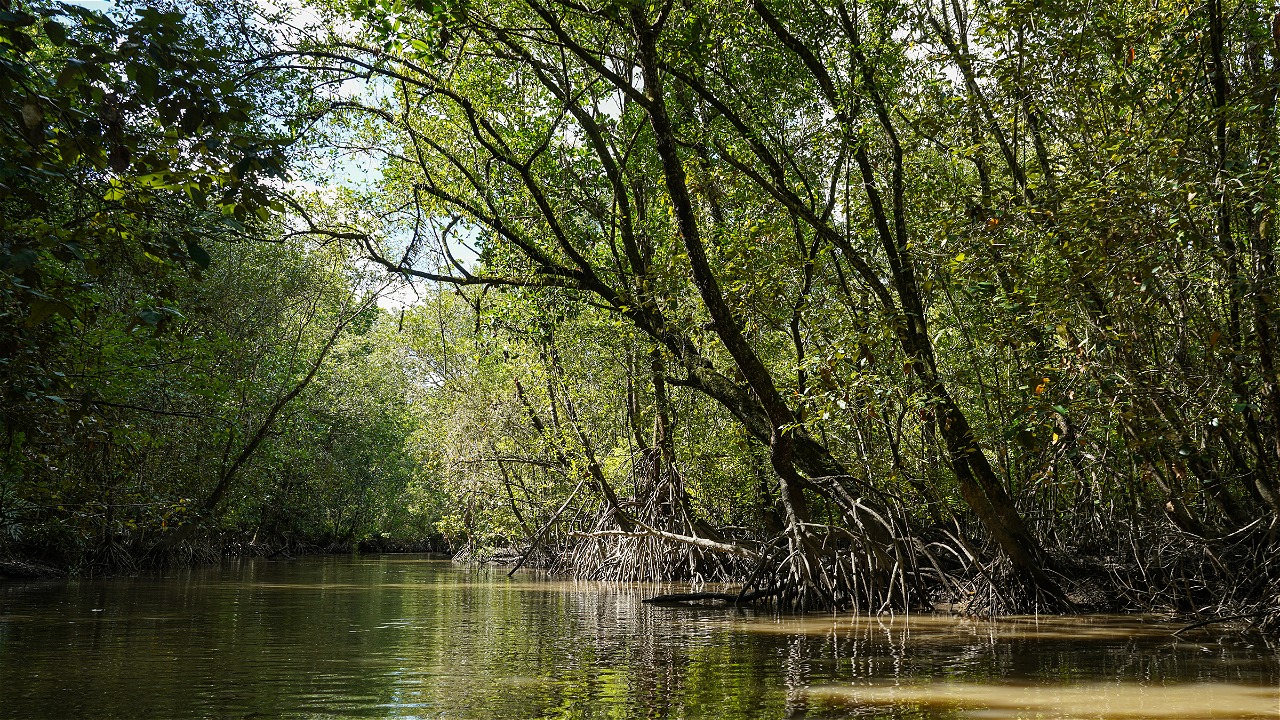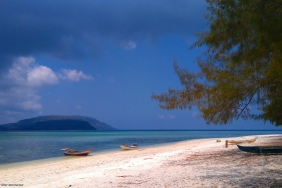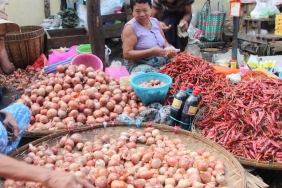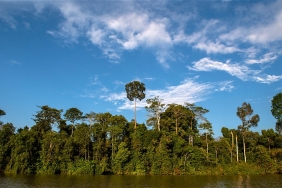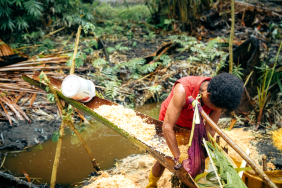KADEK SURASMINI, CONSERVATION WITHOUT WELFARE EXPLOITATION
By: Natalia Trita Agnika
The lack of public interest in protecting the environment around them could be due to a lack of knowledge on the benefits of protecting the environment. This is what led Kadek Surasmini, a Balinese woman who lives near a mangrove forest, to take action. Through the Pokhlasar (Processing and Marketing Group) Wanalestari Tuban Bali that she chairs, Kadek opened the eyes of the community that the mangrove trees around them can be utilized and provide economic value so that people are enthusiastic about mangrove planting and environmental sanitation efforts.
Initially, in the Tuban area there was the Wanasari Tuban Fishermen's Group which consisted of fishermen. These heads of households fish and raise crabs in the area around the mangroves. This fishermen group also maintains the mangrove forest for ecotourism. As a companion to their husbands who want to contribute financially, the fishermen's wives have formed Pokhlasar (Processing and Marketing Group) Wanalestari. They process their husbands' catches, turn them into attractive processed products, and then market them.
As a woman who has lived in coastal areas for a long time, Kadek understands that mangroves are beneficial in preventing abrasion. The woman born on January 10, 1977, also knows that her ancestors consumed mangrove fruit as an alternative food. Out of curiosity, Kadek asked her in-laws about the utilization of mangroves as food. Apparently, mangrove fruit can be consumed as a substitute for rice. While Pidada fruit (Sonneratia caseolaris), can be used as a substitute for acid to eliminate fishy odors when cooking fish.
His intention to utilize mangrove fruits was further opened when he received training from the private sector. Knowledge about mangrove utilization increased after a visit from a mangrove expert, Lulut Sri Yuliani, who explained and examined the feasibility of mangrove fruit in Wanasari Village. The results of the research revealed that mangrove fruit from Wanasari Village is suitable for processing because it is not polluted by waste. All the knowledge obtained by Kadek was transmitted to the women members of Pokhlasar Wanasari.
Now they process various mangrove fruits, including syrup and jam from Pidada fruit, cosmetic scrubs from Banang-banang fruit (Xylocarpus granatum), and flour for making various pastries and wet cakes to replace rice flour and wheat flour from Lindur fruit (Bruguiera gymnorrizha). Kadek continues to develop all the theories and knowledge gained. The latest innovation developed by this woman who likes cooking is processing jam from Pidada fruit as a chocolate filling, which is then named Pidada Chocolate. This Pidada fruit jam contains high vitamin C.
Pidada Chocolate has only been developed in the last 4 months. On Valentine's Day, Kadek launched this product and distributed samples. Earth Hour Denpasar Community activists were then interested in packaging this product as a package for their mangrove conservation program. On February 22, 2015, a mangrove planting action was initiated by selling Pidada Chocolate. Every time 1 Pidada Chocolate is sold, 1 mangrove seedling will be planted while supporting the Wanasari Fishermen Group and the Earth Hour Denpasar movement.
On weekdays, processed products from mangrove fruit are marketed at Kampoeng Kepiting Wanasari. "There is no exploitation of mangroves because we utilize the fruit that has fallen. You could say, we take the waste. We still pay attention to the conservation aspect," Kadek explained. He hopes that his group's business can grow and become an additional source of income for its members. "By processing the existing fruits and getting economic benefits, the surrounding community, especially our group members, will be more enthusiastic about protecting mangrove forests, replanting, and diligently protecting the environment so that there is no more neglected environment," he concluded.

